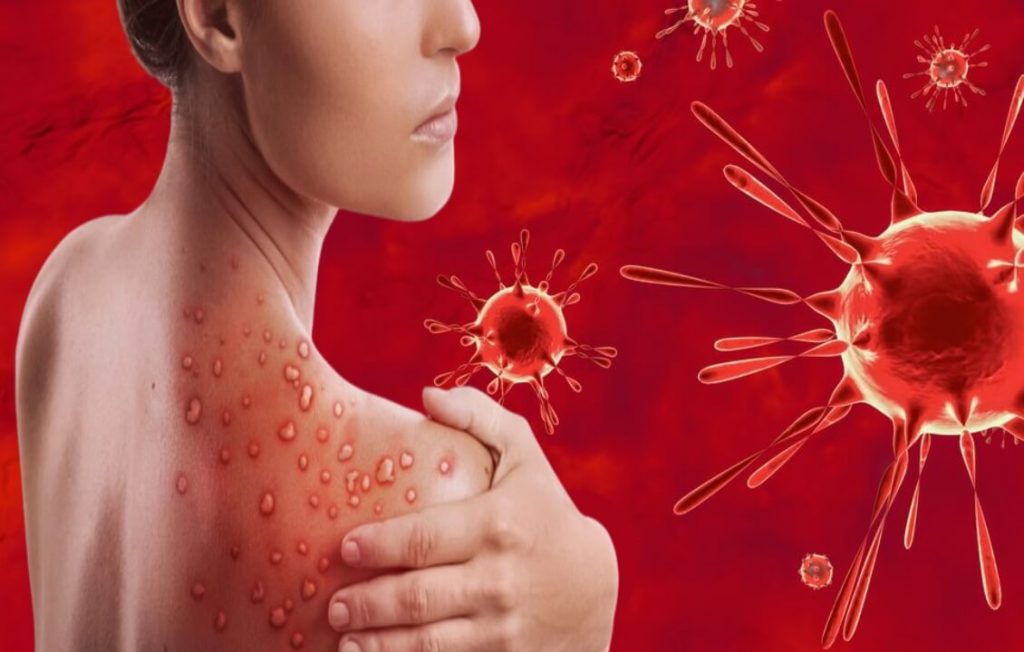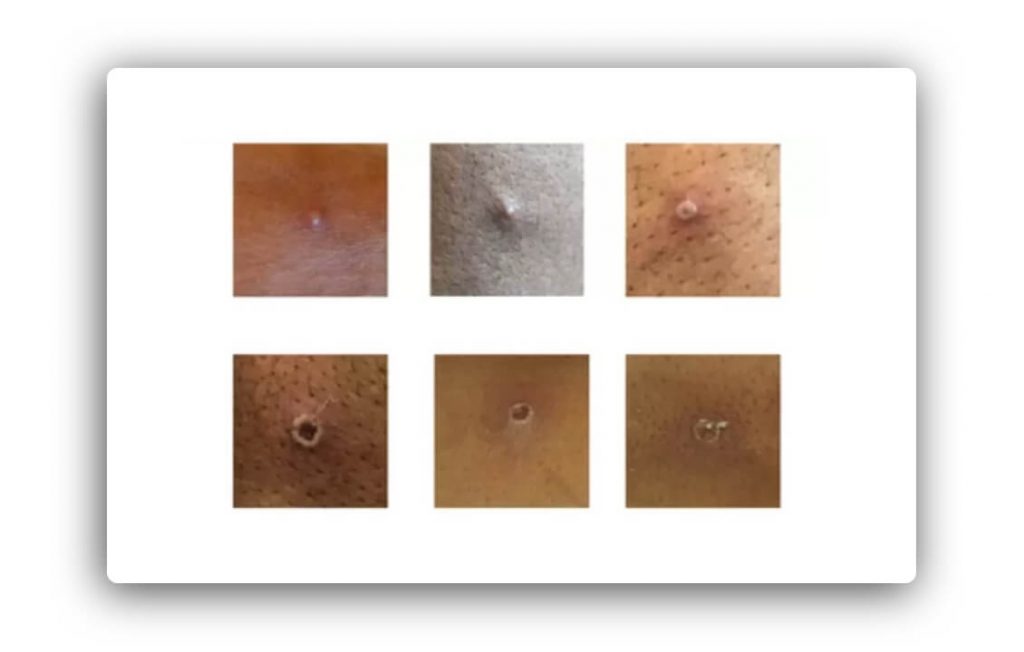The recent rise in Monkeypox infections outside of its usual geographic range in West and Central Africa has raised concerns among health officials. Now the number of confirmed cases of Monkeypox grows, particularly in Europe and North America. Therefore is essential to know how the virus spreads and what you can do to protect yourself.
Monkeypox is a virus related to smallpox that typically affects Africa. The virus is less deadly than smallpox but can still cause serious illness. It is an uncommon virus that can be transmitted to humans by animals and humans. Symptoms usually appear 5-21 days after infection, and the illness usually lasts for 2-4 weeks.
Although health professionals across the globe stress that the risk to the general population is low, it is still essential to be aware of the potential dangers of Monkeypox.

How Monkeypox Spreads?
Monkeypox virus can infect humans in several ways and has been doing so with increasing frequency in recent years. This Virus can also be spread by close contact with people, such as kissing or skin-to-skin contact. However, most cases of this virus have been transmitted by sexual contact, focusing on bisexual and gay males.
The virus is also spread to humans through contact with infected animals, typically through bites, but can also be spread by eating uncooked meat of animals. In addition, it is generally spread by inhaling the respiratory droplets of an infected person.
How To Protect Yourself From Monkeypox?
Smallpox vaccinations have shown to be 85% effective against Monkeypox, but there is no specific treatment for the virus, and it can be challenging to prevent its spread. However, there are some things you can do to protect yourself and your loved ones from this virus. There are some simple steps you can take to help protect yourself from the virus:
- You can decrease the risk of catching the virus by washing your hands regularly with soap and water or using an alcohol-based hand sanitiser.
- Do not come into close contact with a person who has been infected with monkeypox.
- Always wear a mask If you must come into close contact with someone who has the virus or lives in an area where such cases are increasing.
- Avoid contact with wild/stray animals, even dead ones or animals that appear unwell. Don’t touch animal carcasses of wild animals.
- This virus is highly contagious and can quickly spread through sharing personal things, such as sharing bedding or towels.
- This virus is also highly stable outside of the human body so that it can live on objects like blankets and clothing.
- To prevent the spread of the monkeypox virus, wash your clothes and bedsheets regularly at a high temperature.
- Only eat meat that is well cooked.
- Use a condom if you are going to change your partner.
What Should You Do If You Catch Monkeypox?
Symptoms of monkeypox include fever, headaches, muscle aches, and swelling. And If you have symptoms such as lesions, rashes, or raised bumps on your hands, face, feet, eyes, mouth, or genitals, you may have contracted the virus.
The rashes may turn into raised bumps. They then blister that may then become filled with white fluid. You should isolate yourself from physical contact with others and seek medical advice immediately. And you should not remain in physical contact with others.

However, the symptoms of the Monkeypox virus can be similar to other conditions such as herpes, syphilis or chickenpox, so it’s essential to see a medical professional for a diagnosis as soon as possible.
